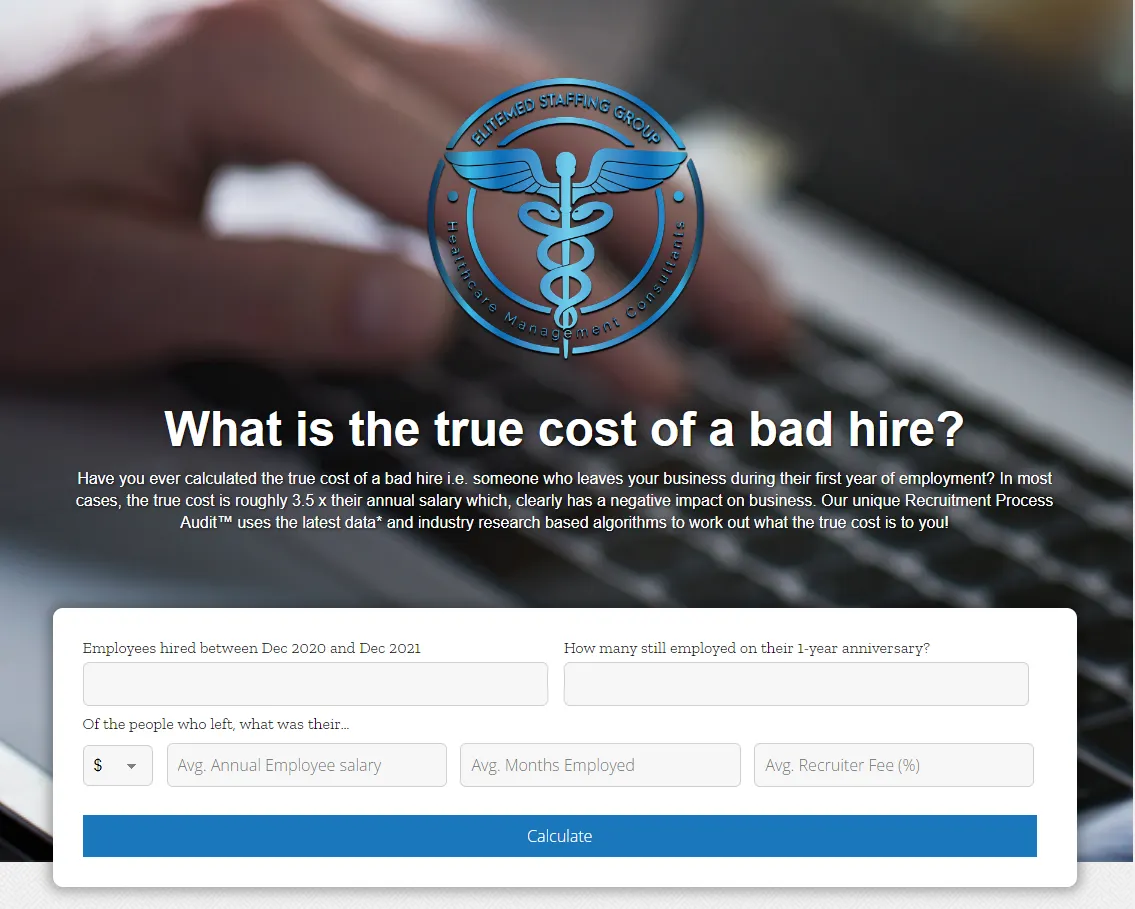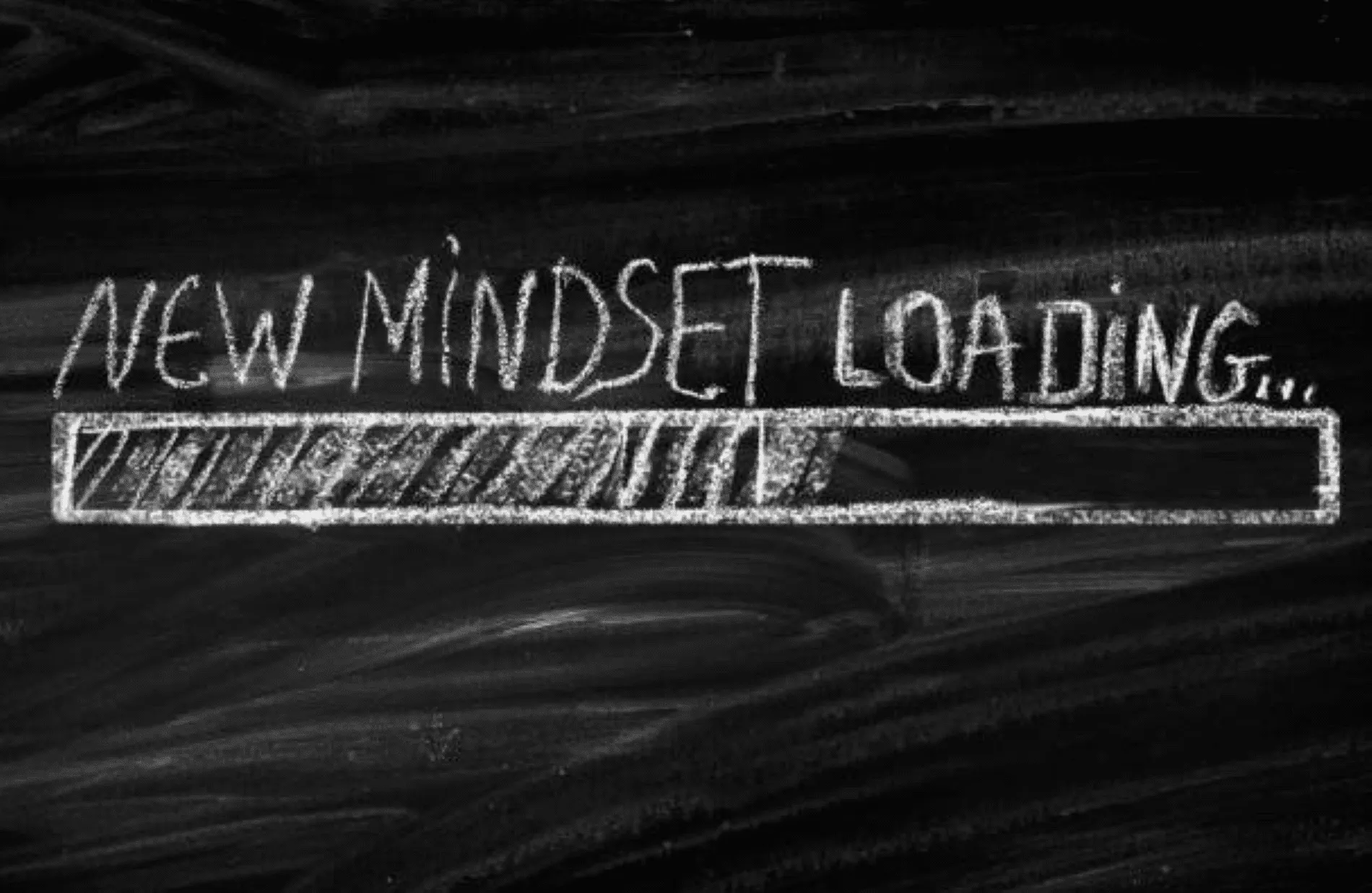Discover The Hidden Aspect Of Behavioral Assessments

Author: Tyesia Hunter
Discover the Hidden Aspects of Behavioral Assessments
Setting the Stage for Understanding Behavioral Assessments
The intricate intricacies of human behavior have always been a topic of immense fascination and perplexity. As we journey deeper into validating our understanding of human actions and reactions, the realm of behavioral assessments emerges as a powerful tool to decode these mysteries. Behavioral assessments, often synonymous with psychometric tests, allow us to quantitatively measure aspects of an individual's personality traits that are critical in determining their potential for performance in distinct environments - be it the workplace or a clinical setting.
One such application is employee behavior evaluation within corporate environments. As many businesses have realized over the years, an individual's skills and qualifications aren't the sole dictators of job performance or even compatibility with a team.
There are other dynamics at play - subtle characteristics like work ethics, teamwork affinity, and leadership tendencies - all factors that can significantly influence an employee's efficacy within an organization. Commendably, it is these precise elements that behavioral assessments strive to identify and quantify.
As we tread further into this vast expanse called behavioral science, it becomes apparent that these assessments aren't restricted to just professional arenas but stretch further into clinical settings as well. In such environments where patient care is paramount, gauging behaviors can prove crucial in designing effective treatment strategies.
Behavioral assessments offer insights into patterns like anxiety levels, emotional stability, or instability which can be instrumental in broaching sensitive conversations about mental health and planning subsequent remedial measures. Personality tests play a pivotal role in these scenarios by providing tangible metrics for intangible phenomena - offering glimpses into hidden aspects like inherent tendencies towards introversion or extraversion; conscientiousness or lack thereof; openness towards experiences; emotional stability; agreeableness, etc.
The premise behind behavioral assessment for hiring lies in its ability to preemptively predict how well-suited an applicant might be for a specific job role based on their assessed behavioral attributes. It does not stop here though - this process assists even post-hiring by highlighting areas where employees could benefit from training or development interventions thereby fostering growth both personally and professionally.
Similarly noteworthy is the utilization of behavioral assessment for leadership roles where it proves integral in identifying individuals with the right mix of personality traits compatible with leading teams effectively – primarily resilience under pressure, decision-making abilities, etc., thereby paving the way for overall organizational success. This initial exploration into the world of behavioral assessments – they prove invaluable across myriad spheres due to their ability to translate abstract concepts like personalities & tendencies into quantitative data points capable of forecasting future behaviors – hence acting as pivotal tools driving success whether that’s personally or professionally.

Insights into Human Behavior
Human behavior is an intriguing labyrinth of psychological processes that transcends the realm of observable actions to probe into the whys and hows behind various behaviors. It is a multifaceted domain primarily influenced by physiological, psychological, and environmental factors. While these insights can provide a robust foundation, a more focused assessment such as behavioral assessment for hiring can decipher specific facets relevant in occupational settings.
An employee behavior evaluation takes into account both overt and covert behaviors exhibited by an individual, extending from tangible actions to thought processes. This assessment endeavors to identify patterns that may predict job performance and cultural fit within an organization.
These evaluations can often leverage personality tests as tools for assessing common tendencies alongside the unique quirks of prospective employees. Embracing a neuroscientific perspective brings a fascinating new dimension to understanding human behavior.
Neuroscience connects seemingly abstract behavioral attributes to physical processes occurring within our brains. For instance, decision-making or risk-taking tendencies, valuable traits that are often sought after in leadership roles, may be linked to specific neurological patterns.
Consequently, behavioral assessments for leadership often incorporate neuroscience-informed aspects in order to gauge these critical traits effectively. By analyzing neural pathways related to executive functions or emotional intelligence, such assessments endeavor not only to predict but also enhance leadership potential through targeted interventions.
Personality traits have long remained an area of fascination in the study of human behavior due its direct correlation with how individuals interact with their environment. From extroversion versus introversion spectrum to openness toward new experiences; personality tests allow us a glimpse into these inherent predispositions which fundamentally influence our reactions toward diverse situations.
The importance of decoding such predispositions extends beyond personal introspection into professional realms as well – particularly through the use of behavioral assessments in clinical settings and workplaces alike. In clinical settings, understanding personality traits forms an integral part of diagnoses and treatment plans for mental health disorders; whereas in workplace settings they become instrumental in crafting effective teams or even predicting conflict dynamics amongst team members.
How Neurology Connects with Behavior
Our understanding of human behavior has been significantly amplified by the study of neurology. This science delves into the intricate network of neurons that makes up our brain, illuminating how they interact with each other to dictate how we think, act, and feel.
Behavioral assessments tap into this knowledge by drawing on patterns observed in neurological research to predict individual behaviors. Neurotransmitters play a pivotal role in this process.
They are the body's chemical messengers, carrying information from neuron to neuron within the brain. Certain neurotransmitters have been associated with particular behaviors or emotional states – for instance, serotonin is often linked with feelings of well-being and happiness.
By examining how these chemicals function within an individual’s brain through behavioral assessment tools, it becomes feasible to anticipate certain behaviors or reactions. In understanding behavior from a neurological perspective, we're particularly attuned to how our brains respond to various stimuli—events or situations that trigger specific responses in us.

For instance, one person might react calmly under pressure while another individual might become anxious or panicked in similar circumstances. These reactions can be traced back to differences in neural processing and can be measured through behavioral assessments.
Personality tests also contribute substantially to behavioral assessments by providing insights into an individual's predispositions towards certain behaviors or responses. Whether you're discussing behavioral assessment for hiring purposes or employee behavior evaluation within an existing team context, these personality insights form a crucial building block for prediction models.
The value of these predictive models becomes particularly evident when applied in professional settings such as workplace dynamics. A carefully designed behavioral assessment for leadership roles can help discern whether a candidate possesses qualities like resilience under stress - something that can be traced back to their neurological makeup and identified via personality traits examination.
In clinical settings too, be it psychological treatment plans or mental health interventions, this neurologically grounded approach proves invaluable as it enables practitioners to better comprehend their patients’ innate tendencies and tailor treatment accordingly. Thus enters the realm where behavioral assessments move beyond just providing insight; they allow us to envisage potential future actions based on current observations – ushering predictive power into fields as diverse as recruitment processes (behavioral assessment for hiring), leadership development initiatives (behavioral assessment for leadership), and mental healthcare plans (behavioral assessment in clinical settings).
Personality Traits Assessment: Peering into Predispositions
In the realm of psychology, personality trait assessments are a crucial bridge between abstract theory and concrete understanding. These tools serve as the window into an individual's predispositions, offering us a glimpse into their probable reactions in varied circumstances.
They are instrumental in peering beyond visible behavior to perceive underlying characteristics that shape that behavior. These assessments not only identify natural inclinations but also help uncover areas for development that may not be readily apparent.
Notably, personality traits assessment has become increasingly relevant in the professional world, where employee behavior evaluation is of paramount importance. Companies have begun to incorporate behavioral assessments for hiring processes to predict how potential employees may perform or adapt within their organizational culture.
By gaining insights into an applicant's behavioral tendencies and motivational drivers, these tests can complement traditional methods like interviews or CV analysis, contributing to more rounded and reliable recruitment decisions. Beyond selection procedures, behavioral assessments in the workplace have proven beneficial for ongoing personnel management as well.
They can aid in identifying skills gaps among workers and proposing tailored training programs targeting specific needs. Additionally, they offer valuable information for conflict resolution and team-building efforts by highlighting interpersonal dynamics at play.
Moreover, these assessments are not confined exclusively to general staff; they find versatile applications across different management levels too. Behavioral assessment for leadership allows organizations to pinpoint leaders' strengths and weaknesses effectively.
This knowledge can pave the way to strategic leadership development initiatives aimed at enhancing overall company performance through effective management competency building. Yet another vital area where such evaluations find application is clinical settings wherein mental health professionals rely on behavioral assessments to understand their clients better and devise effective intervention strategies accordingly.
These evaluations help therapists comprehend clients' cognitive processes better, allowing them a more holistic view of presenting issues. In summing up this section on Personality Traits Assessment: Peering into Predispositions - one cannot underestimate the power of personality tests as nuanced tools providing profound insights into human behavior across various fields from corporate cultures through clinical settings.
The Role of Behavioral Assessments
in Different Contexts
Behavioral assessments have established an integral presence in various domains, underlining their profound versatility and applicability—one of the critical areas where they have found substantial traction is within leadership development.
These evaluations trace a leader's inherent behavioral tendencies, which greatly influence their leadership style and decision-making approach. Utilizing behavioral assessment for leadership development enables organizations to construct a more detailed understanding of an individual’s strengths, weaknesses, motivations, and potential blind spots.
This detailed view allows targeted training to be implemented that amplifies success factors while mitigating less beneficial behavior trajectories. In clinical settings, behavioral assessments serve as vital tools in discerning individuals' psychological profiles accurately.
Mental health professionals employ these tools to pinpoint specific patterns of behavior that may indicate underlying mental health conditions or disorders. The insights garnered from such evaluations inform the creation of personalized therapeutic interventions.

Furthermore, these assessments aid in tracking progress over time - painting a comprehensive picture of treatment effectiveness and facilitating necessary adjustments. When we shift our focus toward recruitment procedures, the relevance of behavioral assessments becomes strikingly apparent.
Behavioral assessment for hiring aims at providing recruiters with an intricate understanding of a candidate’s behaviors and attitudes that aren't readily observable during traditional interview processes. It assists in predicting how individuals will perform within certain work environments or roles based on their psychometric characteristics.
Moreover, within the broader workplace environment - beyond just hiring decisions - these tools can foster healthier team dynamics and improved interpersonal relationships among employees. Behavioral assessment in the workplace creates a basis for open communication about different working styles and personality traits among team members.
This awareness can mitigate conflict by promoting empathy towards differing viewpoints. Employee behavior evaluation is pivotal to maintaining high levels of productivity within any organizational setup.
By consistently assessing employee behavior patterns alongside job performance metrics, managers can identify gaps between expected performance standards and actual outputs more accurately — enabling them to provide constructive feedback or initiate corrective action plans as needed. In essence, regardless of context - be it leadership development or clinical settings; recruitment procedures or general office environments; post-hire evaluations or employee productivity analyses – behavioral assessments impart invaluable insights into how people think, feel, and behave in different situations; thereby serving as an indispensable tool for informed decision-making across various realms.
 Translating Insights into Tangible Action Plans
Translating Insights into Tangible Action Plans
Behavioral assessment, when employed judiciously, can be the bedrock upon which thriving organizations are built. It is not enough to simply understand the innate behaviors of individuals in professional settings; it is crucial that these insights be adeptly translated into tangible action plans. This is where the true power of behavioral assessments comes into play.
When used in tandem with a comprehensive understanding of an employee's strengths and weaknesses, behavioral assessments can provide a roadmap to guide individuals toward peak performance. Take, for example, behavioral assessment for leadership.
By examining the intrinsic qualities often associated with effective leadership - decisiveness, strategic thinking, empathy - organizations can identify individuals who naturally exhibit these traits and foster their development. Similarly, during hiring processes, behavioral assessments provide hiring managers with insights beyond what may be gleaned from a resume or interview alone.
Identifying an individual's predisposition towards certain behaviors can assist in predicting how they will perform within specific roles or team dynamics. On the other hand, behavioral assessments do not exclusively pertain to business environments but have pervasive implications in clinical settings as well.
Clinical psychologists often employ personality tests to identify potential mental health disorders or problematic behavior patterns in patients. Understanding a patient's behavior gives clinicians a more holistic view of their condition and helps them devise personalized treatment plans.
In line with this principle extends the relevance of employee behavior evaluation within corporate landscapes. A comprehensive understanding of an individual's behavior allows employers to better adapt their managerial techniques and motivation strategies accordingly.
Behavioral assessment in the workplace also assists businesses in creating teams comprised of diverse yet complementary skill sets and personalities, thereby fostering synergy within teams and enhancing overall productivity. In essence, every piece of insight gained through behavioral assessments becomes another tool at one's disposal - another cog that facilitates smoother operation within both professional and personal domains alike.
Forecasting Behavior for Future Success
As humans evolve within their personal and professional environments, it becomes paramount to explore how behavioral assessments can be utilized as a predictive tool for future success. Behavioral assessment in clinical settings, for instance, has proved instrumental in identifying potential risks and proactively addressing them. This practice allows psychologists and therapists to forecast possible behavioral patterns about mental health conditions based on an individual’s responses.
They can then create personalized treatment plans that are better suited to the patient's needs. Personality tests also play a crucial role in forecasting behavior.
These assessments help researchers understand the different ways individuals react to certain situations, thus predicting future behavioral tendencies.
Interestingly, these forecasts are not limited solely to adverse outcomes but also extend towards predicting positive inclinations such as resilience and stress-management capacity.
In the corporate arena too, behavioral assessment is making its mark. Employee behavior evaluation is increasingly becoming popular in organizations aiming for excellence by leveraging human dynamics.
By analyzing an employee's behavior during various circumstances – including working under pressure, dealing with conflict, or managing teams – employers can predict their potential future performance within the organization. The usage of behavioral assessment for hiring purposes has transformed recruitment processes significantly.

It enables organizations to increase prediction accuracy regarding a candidate's suitability for a specific role based on their behavior patterns rather than solely relying on their skills or experience. When it comes to leadership roles within an organization, assessing behaviors becomes doubly important because leaders' actions directly influence team dynamics and overall productivity levels.
Therefore, using behavioral assessment for leadership helps identify leaders who possess qualities such as emotional intelligence and decision-making abilities that will likely lead them toward successful leadership careers. Whether it's a clinical setting or business environment - harnessing the power of behavioral assessments opens up myriad possibilities of forecasting behaviors with heightened accuracy which ultimately leads us onto well-informed paths of progress.
Conclusion
Delving into the complex realm of behavioral assessments opens a door to understanding the depths of human psychology in all its facets. Utilizing these tools is not merely a process of data collection or an evaluation exercise, but rather, a pathway to truly perceiving the essence of human behavior. This comprehension goes beyond the surface level, for it illuminates not just visible actions, but unveils underlying motivations and predispositions that govern those actions.
We have seen how behavioral assessments are versatile in their application across various contexts. Whether it's employee behavior evaluation in corporate environments or more nuanced applications such as behavioral assessment for hiring, each has its unique relevance and importance.
The fundamental understanding here is that awareness and recognition of individual behaviors facilitate better interactions, improved teamwork, and exemplary leadership. In clinical settings too, there is an emerging appreciation for behavioral assessments.
They offer valuable insights that can help healthcare professionals make informed decisions about treatment plans. Similarly, personality tests are instrumental in recognizing different traits and tendencies within individuals which contributes to optimized therapeutic strategies.
The efficacy of behavioral assessments extends profoundly into leadership roles as well. A well-structured behavioral assessment for leadership can provide invaluable information about potential leaders' communication styles, decision-making processes, and conflict resolution skills among many other aspects crucial to effective leadership.
It's equally important to understand that while we've discussed these applications separately - employee behavior evaluation, behavioral assessment for hiring or clinical settings - they interconnect beautifully so much so creating a bigger picture on how human behaviors shape our world at work places. Let us acknowledge the significant role played by these analytical tools within our societies today.
Behavioral assessments are more than mere diagnostic instruments; they are gateways to understanding ourselves and others better – be it at home or in workplaces like corporate offices or hospitals – fostering empathy and promoting harmonious coexistence. As we move forward into an era marked by elevated consciousness towards mental health and interpersonal dynamics; embracing such tools may be one of our most strategic moves yet.
__________________________________________________________________________________
Want to know how much a bad hire will cost your facility? Click Below ⬇️⬇️




